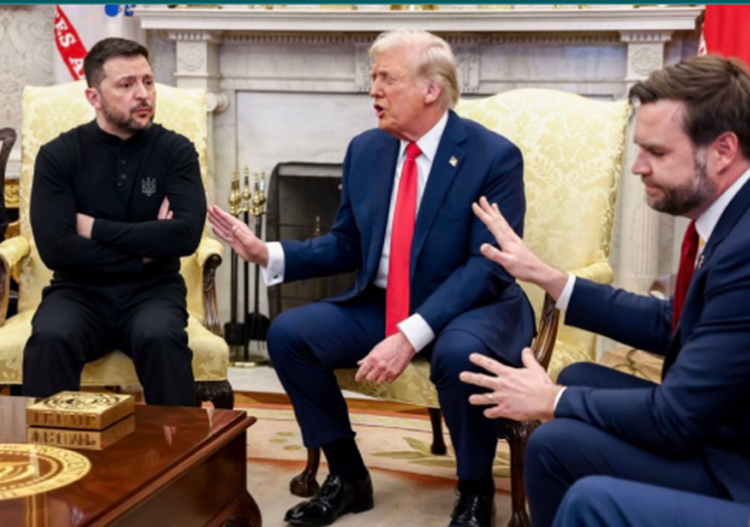
US President Donald Trump has agreed to delay a major tariff increase on goods from the European Union after what both sides called a "productive" round of talks.
The threatened 50% import tax, originally set to begin on June 1, will now be postponed until July 9 to give negotiators more time to reach a deal.
The delay came after a phone call between President Trump and European Commission President Ursula von der Leyen on Sunday.
Trump described it as a "very nice call" and said both sides want to work quickly to avoid a trade fight, CNA said.
European Union Trade Commissioner Maros Sefcovic confirmed that discussions with U.S. officials were going well. "We are moving at pace," Sefcovic said in a post on X (formerly Twitter). He added that the EU is in "constant contact" with American negotiators.
The talks aim to prevent a sharp increase in tariffs that could affect a wide range of goods — from German cars and Italian olive oil to French handbags.
Currently, US tariffs on EU goods stand at 10% for most products, with 25% already placed on steel and cars. Without a deal, that rate could jump to 50%.
Trump Delays 50% EU Tariff, giving EU a breather but markets now have a new risk date to watch.
— TradeDelicious (@TradeD_TV) May 27, 2025
👉 Here’s What Traders Should Know: https://t.co/lfBmJuyz7Z pic.twitter.com/Zkofd9whjm
Macron Praises US-EU Talks, Hopes for Lower Tariffs
According to AP, Paula Pinho, a spokesperson for the European Commission, said the call between von der Leyen and Trump brought "new energy" to the negotiations. "We are ready to make a deal," she told reporters.
French President Emmanuel Macron also weighed in, saying the two leaders had a "good exchange" and that both sides hope to reduce tariffs to their lowest possible levels. "The discussions are advancing," Macron said during a visit to Vietnam.
Trump's decision marks a sharp shift from his tone just days earlier, when he claimed that EU officials had been "very difficult to deal with" and that talks were "going nowhere." His threat to raise tariffs had worried many European companies already struggling with economic uncertainty.
Some business leaders are still cautious. Gianmarco Giorda, who leads Italy's car parts group ANFIA, said the back-and-forth made planning difficult. "US duties are an added concern in an already tough time for our industry," he noted.
Germany's LAPP Group CEO Matthias Lapp warned that unpredictable US policies were shaking trust. "Confidence in stable relations is suffering," he said.
For now, the US and EU will continue their efforts to strike a deal before the July 9 deadline.







Join the Conversation